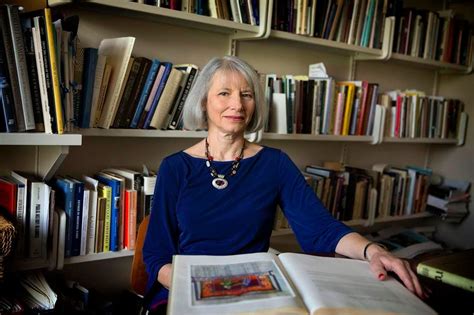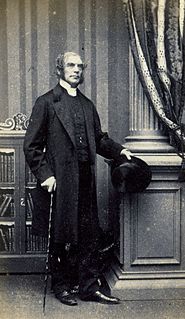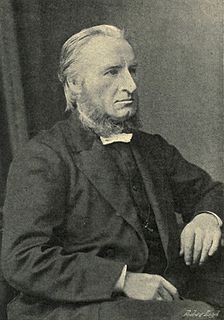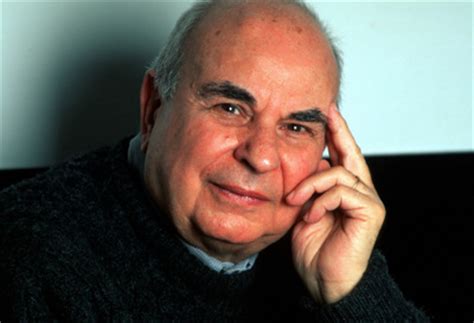A Quote by R. C. Sproul
The more sanctified a person is the more heavily weighted his prayer time is in adoration.
Related Quotes
How different the world would look, how different the state of our nation would be, if there were more sanctified priestly souls! These are souls who have the power to bless, for they intercede with sanctified hearts. They never begin their daily time of intercessory prayer without having first brought to the cross all that is unholy in their lives, so that their old self can be crucified there with Jesus, the sacrificial Lamb.
I knew what the sanctified life was not. Not a life filled with more rituals, more scrupulously observed. Not more praying. Not becoming a better person, being more charitable, more concerned with everyone else's pains. Sanctifying had something to do with a sense of constant wonder - feeling gratitude and finding significance everywhere, in every action, relationship and object.
The love of Christ both wounds and heals, it fascinates and frightens, it kills and makes alive, it draws and repulses. There can be nothing more terrible or wonderful than to be stricken with love for Christ so deeply that the whole being goes out in a pained adoration of His person, an adoration that disturbs and disconcerts while it purges and satisfies and relaxes the deep inner heart.
It is then, we say, in the successive stages of his experience, that the believer sees more distinctly, and adores more profoundly, and grasps more firmly, the finished righteousness of Christ. And what is the school in which he learns his nothingness, his poverty, his utter destitution? The school of deep and sanctified affliction. In no other school is it learned, and under no other teacher but God. Here his high thoughts are brought low, and the Lord alone is exalted.
The Prophet introduced a system of prayer in that it was interwoven into man's daily work: a prayer in the morning when he arose from his bed; a prayer at lunch time, as an indication that if his body needed a diet, so did his spirit; a prayer in the afternoon when he retired from his daily work; a prayer at sunset and a prayer when going to bed.
Furthermore, consider that as one of its most important purposes, stewardship of creation should sustain nature's worshiping capacity. The more I reflect on Scriptures and the more I sense how God thrills to the adoration He receives from all that He has created, the more I realize He has given us the awesome responsibility of caring for His creation so that it can go on praising Him until the end of time.
It is obvious that Paul did not regard prayer as supplemental, but as fundamental-not something to be added to his work but the very matrix out of which his work was born. He was a man of action because he was a man of prayer. It was probably his prayer even more than his preaching that produced the kind of leaders we meet in his letters.
The adoration of Jesus in the Most Blessed Sacrament is the end of the Church Militant, just as adoration of God in His glory is the end of the Church Triumphant. A holy rivalry, a concert of prayer, a harmony of divine service should exist between the heavenly court and the Eucharistic court here below, between the adorer and his mother the Church.
If you don't pray often, you won't gain a love for praying. Prayer is work, and therefore it is not very appealing to our natural sensibilities. But the simple rule for prayer is this: Begin praying and your taste for prayer will increase. The more you pray, the more you will acquire the desire for prayer, the energy for prayer, and the sense of purpose in prayer.




































